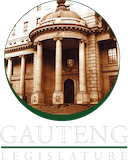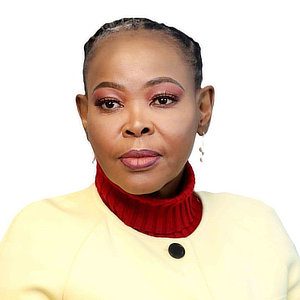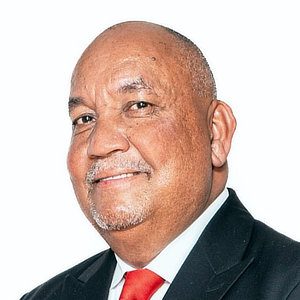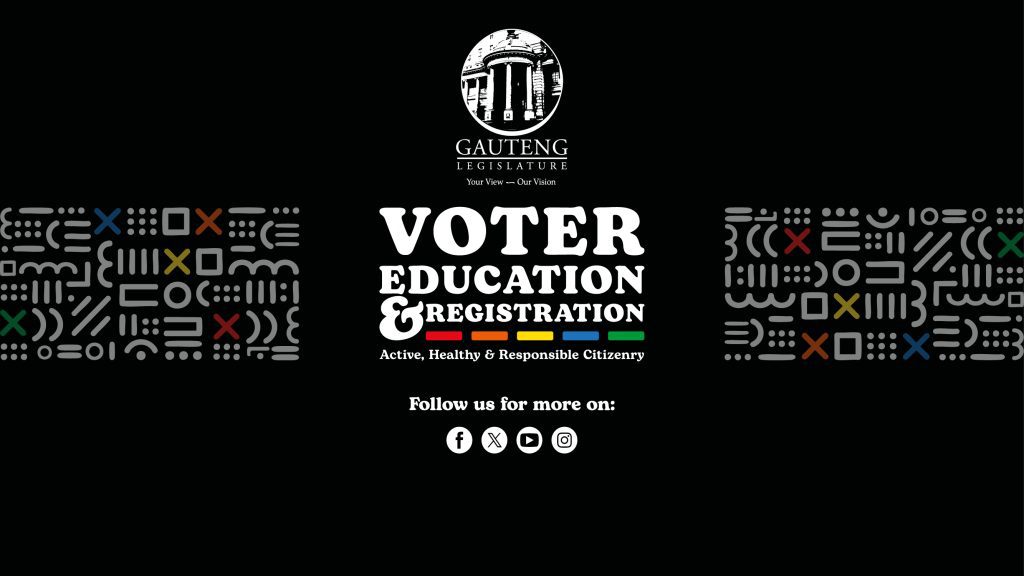What is Gauteng Provincial Legislature?
The Gauteng Provincial Legislature (Gauteng Legislature, GPL) is one of nine provincial legislatures in South Africa, which are a product of extensive negotiations that gave shape to the 1996 Constitution. The Constitution empowers the Legislature to make laws for Gauteng, watch that the Gauteng government works efficiently and honestly, and ensure that the people of Gauteng participate in the running of their province.
The Legislature moved from Pretoria to Johannesburg in 1994 after the first democratic elections in 1994 and following a decision to move the Government of the Gauteng Province. The Johannesburg City Hall opened as the Gauteng Legislature’s new home on 21 October of 1995.
How is GPL composed?
The Legislature is a House comprising the speaker (who heads up the organisation) and Members of the Provincial Legislature (MPLs) from various political parties, allocated per the vote of the Gauteng Province. Political parties get seats in the Legislature through a system of proportional representation – meaning, the party with the majority of votes gets the majority of MPLs in the House.
The Constitution empowers each of the nine provincial legislatures to make laws that apply uniquely to each of their provinces. MPLs divided into portfolio committees conduct the business of the House. Each committee is attached to a provincial government department (or cluster of departments) in the Provincial Government, and enhances the department’s ability to deliver services through advisory, monitoring and oversight.
Standing committees deal with diverse issues (other than government departments). These committees consider Bills and other matters referred to them either by the Speaker or the House.
Ad hoc committees work with various experts to matters that need specialised expertise.
The Legislature’s administration staff complement gives operational support to the committees. The administrative wing of the Legislature is headed by the provincial secretary (or secretary to the legislature).
The Role of the GPL
MPLs consider Bills placed before them by the provincial executive, comprised of the Premier of Gauteng and the Members of the Executive Council (MECs). MPLs debate Bills, budgets, statements and speeches by MECs in committee meetings or in plenary sessions of the Legislature. Committees have the power to summon MECs and Department officials to answer questions relating to service delivery in the Province. The MECs must be prepared to answer hard questions on how they are delivering a better life to the people of Gauteng. Committees can also undertake investigations into activities by government departments and such investigations are often open to public scrutiny.
The Legislature allows the people of Gauteng to participate in law-making and oversight processes. It is a Constitutional requirement that the Provincial Legislature affords Citizens an opportunity to partake in legislative processes – and this is an obligation that the Gauteng Provincial Legislature has vigorously embraced.
The Law-Making Role of the GPL
New legislation starts out as a Bill, which is carefully discussed to ensure that it is relevant to the needs of the Province, clear, practical and in line with the Constitution. MPLs also receive submissions from the people of Gauteng on matters of concern to the Province, which may require specific legislation to be instituted. MPLs can also initiate legislation individually, as can any of the Legislature’s standing committees.







